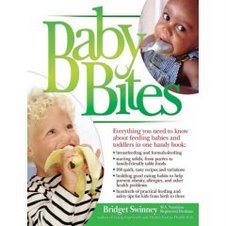Now my son is a teenager and he's grown up to be a very media saavy kid--questioning what the real story is behind advertising, research studies, even documentaries.
If you have a toddler, you can add "media literacy" to the list of required learning along with letters, numbers and colors. Why? Kids are bombarded with advertising for fast food and sweets, not to mention subliminal brand advertising that can easily turn your toddler into a little consumer.
The deeper problem with too much media, is it takes time away from other quality activities like playing outside, reading and other imaginative play. If kids are on a constant diet of screen time, it gives their brains little chance to explore their own imagination. And we know that too much time in front of the screen also contributes to childhood obesity.
The American Academy of Pediatrics has guidelines for TV watching that you might want to know:
Kids under 2: No screen time, including educational videos
Kids over 2: 2 hour limit of all screen time
No TV in the bedroom
If you are a mom who wears "lots of hats" (and who doesn't?) you've probably popped a video or two in to keep your toddler busy so you could get something done. That's fine--just try to limit the time. Another idea is to use music as a calming or motivating distraction. A little slow jazz or classical music can "soothe the savage beast"; story time on tape allows your child to expand his mind while building with blocks, for example. If it's a rainy day outside, and you'd like your child to be more active, you can try a video that encourages dancing or other active play like:
- Sesame Street Elmocize
- Sesame Street Songs-Dance Along
- Little Kicks Workout
- Hip Hop Animal Rock
- Yoga Kids ABC's.
How Can You Teach Media Literacy?
Media literacy is all about teaching kids to recognize, analyze, and evaluate what they see on TV and in other media. How did we get our commercial memorizing kid to be media savvy? We tried to teach him that the purpose of advertising--to get you to buy something--whether you needed it or not. It's amazing how easily kids can learn these concepts. For a little help, there are some great resources on the Internet:
http://pbskids.org/dontbuyit/
http://www.med.umich.edu/1libr/yourchild/media.htm
http://www1.medialiteracy.com/
http://www.amlainfo.org/home/resources
Happy Reading!
Bridget





